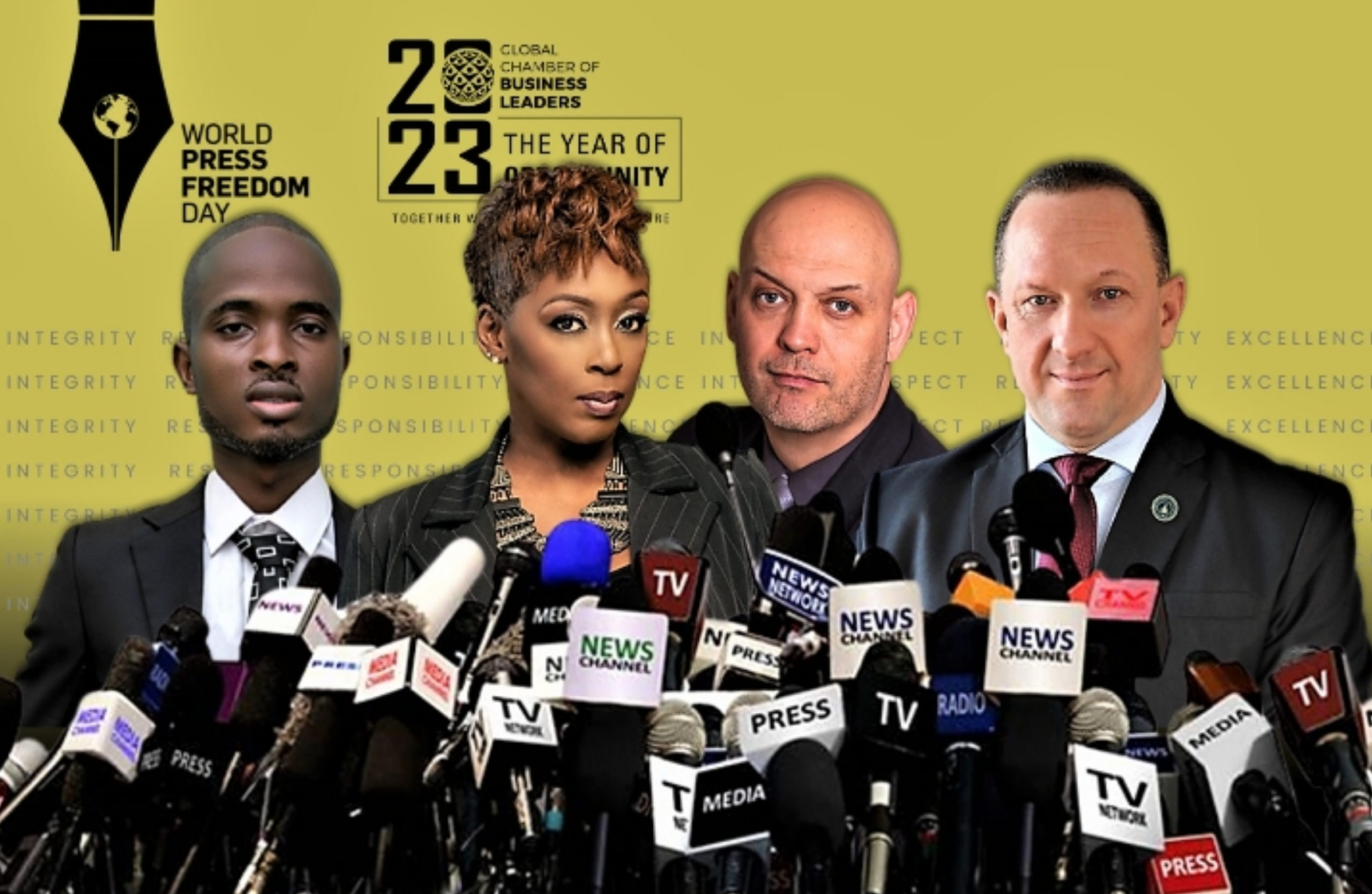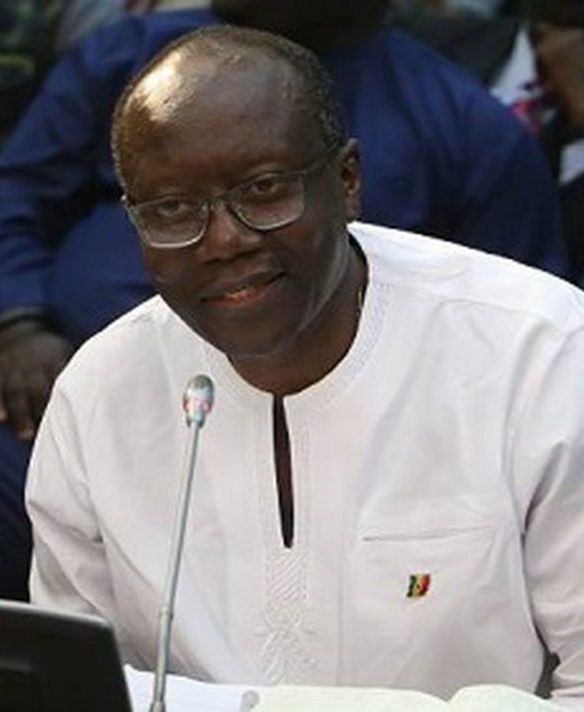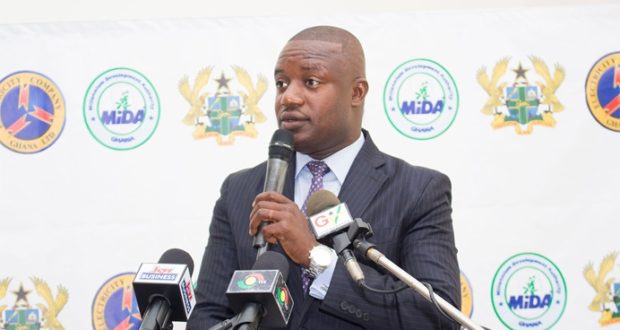Global Chamber of Business Leaders Acknowledges World Press Freedom Day And Highlights Alignment With Sustainable Development Goals

Censorship of a specifically chronic nature can never augur well for any entity or organisation at any level. That significantly includes media houses, whether they are print-oriented or within the electronic media categories.
Things have certainly changed from the Baby Boomer era, and as the world recognises World Press Freedom Day, we must acknowledge the vast number of platforms and forums by which the Press gains access to the public to share on topics from current affairs to entertainment, etc. in this 2023.
The Chairman of GCBL and members of Strategic Communications Team of the GCBL shared their insights on the importance of the ‘freedom of the Press’ movement and how they’ve found it to align with or influence topics and matters regarding various Sustainable Development Goals.
Chairman, Dejan Stancer, shared a holistic and in-depth thread of thoughts on the subject. “On behalf of the Global Chamber of Business Leaders, I congratulate all media workers around the world on the occasion of World Press Freedom Day.
For us at the GCBL, protecting and promoting media freedom will always be of greatest priority, as well as raising concern whenever the same will be violated. Protecting and promoting media freedom requires a concerted effort from governments, civil society, media outlets, and individual citizens. It is crucial that we work together in order to enjoy the privilege of having free media.
Unfortunately, media freedom is not always guaranteed, and many countries around the world struggle with censorship, restrictions on Press freedom, and harassment or imprisonment of journalists. Protecting and promoting media freedom is crucial for ensuring a free and open society.
Ensuring Legal Protection
Governments should enact laws that protect press freedom and ensure that journalists are not prosecuted for doing their jobs. These laws should also safeguard the confidentiality of journalists’ sources and protect them from harassment, intimidation, or physical harm.
Therefore, media outlets should operate independently from political influence or commercial interests. Journalists should be free to report on issues of public interest and express their opinions without fear of retaliation. Governments should also refrain from using public funds or advertising to influence media coverage.
It is also crucial to increase transparency and to demand that governments should be transparent in their dealings with the media and provide access to information that is in the public interest. This includes providing timely and accurate information, allowing journalists to cover public events and meetings, and facilitating access to public records.
Citizens should also be educated about the importance of media freedom and how to distinguish between credible and fake news. Media literacy programs should be integrated into school curriculums to promote critical thinking and enhance public awareness of media ethics. Promoting media literacy is of vital need.
We have to support international efforts as well. International organizations, such as the United Nations, should continue to promote media freedom and hold governments accountable for their actions that undermine Press freedom. Countries should also co-operate with one another to promote the free flow of information across borders.
At the end of the day, by addressing media freedom through these strategies, we can protect the vital role of the media in our societies and ensure that citizens have access to reliable information to make informed decisions.”
GCBL Director For Communications, Nicole S. Farrell, opined, “It serves no purpose for the Press to be muzzled. To some extent, they are supposed to be the ‘voice of the people’ or at the very least, disseminate information responsibly; encourage thought-provoking conversations and discussions; share content that bears purpose. However, they should bear the burden of being responsible in their reporting and being held accountable by cross-sections of the public.
As an experienced media practitioner, I understand the power that the Press can have. The Press can shape perceptions, influence patterns and ignite action. What with the Cancel Culture being rampantly active though, this also creates a need for operating to the highest degrees of truthfulness, decency and impartiality.
With specific reference to the online media freedom surrounding the likes of podcasts, branding also becomes more critical as most cater more strategically for niche audiences. Many are more about sensationalism and creating controversy, and so, lines can become blurred as to what responsibility and the definition of Press freedom looks like.
The media has been known to be a collective arena for education to be demonstrated as well. With the still relevant traditional media and the advent of online media, there has been various forms of educational content that were conceptualised and produced to appeal to wider audiences. The Sustainable Development Goal #4 refers to Quality Education, and it is hoped that media entities will become inclined or become further dedicated to embracing the notion of edifying and educating the masses without pushing selfish, influenced and/or selected agendas.”
Gregor Kos, Head of the Office at GCBL, added, “We too often think of Press freedom as something alienated from us. Something not being part of us. Of something somewhere there. Not here. How wrong are we? Since the human is not only a social being, it is more and more information being (received) and what defines one most is the level of information one receives. It is what we see, hear, and read what determines our thoughts. Our decisions. Our view on the world and what is happening in the world. Or simply in our neighborhood.
To those ends, one has to understand Press freedom as Mr. Dejan Stancer often presents it, as a fundamental humanity, not
merely a human right. At the same time all occupied in the Press sector should never forget that no matter who is responsible for their salary,
they serve the public interest and should never ever be tempted to serve individual/owner’s interest. Nor be part of a conflict of interest
whatsoever.”
Said Melvin Tarlue, GCBL’s Senior Advisor for Media Relations, “It is imperative to have an increase in the number of countries, especially those in the developing world, promoting free speech by way of ensuring the protection/safety of journalists. Governments around the world must take steps to bring an end to impunity for attacks on journalists. It has to be pointed out that in Africa and other parts of the developing world, promoting a culture of free press can result in the promotion of economic development, less violent, stable and more democratic societies
It is worth noting that free press could be one of the tools used to achieve socio-economic development. Businesses that are keen on operating in a stable and democratic environment or nation in order to protect their investments, must take action(s) to help promote free speech. They (businesses) can do so through corporate social responsibility schemes by taking on individuals who abuse journalists in the line of their duties in Court. They can also provide financial support to organizations that advocate for Press freedom and fight against abuse of journalists. Promoting free speech is critical in achieving the SDG 16, every nation and government must ensure the right to information is mandatory and enshrined in their constitution.”
By and large, the media personnel around the world should be acknowledged and honoured for the fundamental role they play, especially when they operate with conscience, integrity and astute leadership.
Picture: From left to right: Melvin Tarlue, Nicole S. Farrell, Gregor Kos, and Dejan Stancer





